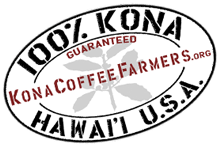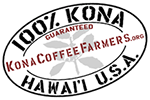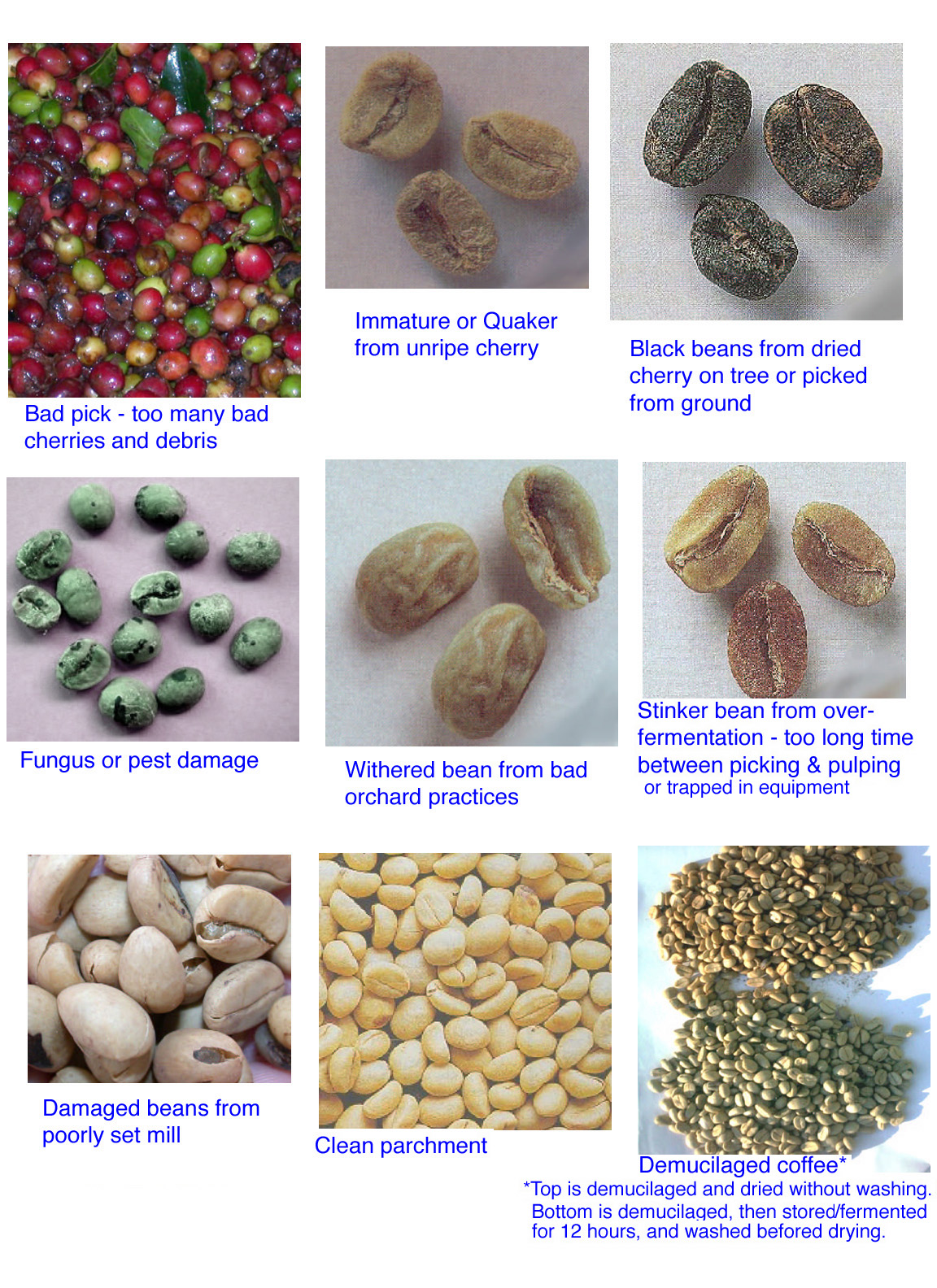Kona Coffee Farmer Costs
The Kona Coffee farmer farms under the US Department of Agriculture regulations, paying employees a fair wage, adhering to all the rules & regulations. The Kona Coffee farmer is an independent farmer, paying taxes, health insurance, property insurance etc Land is expensive in Hawaii Fuel and fertilizer etc. must be shipped long distances to get…
Details

